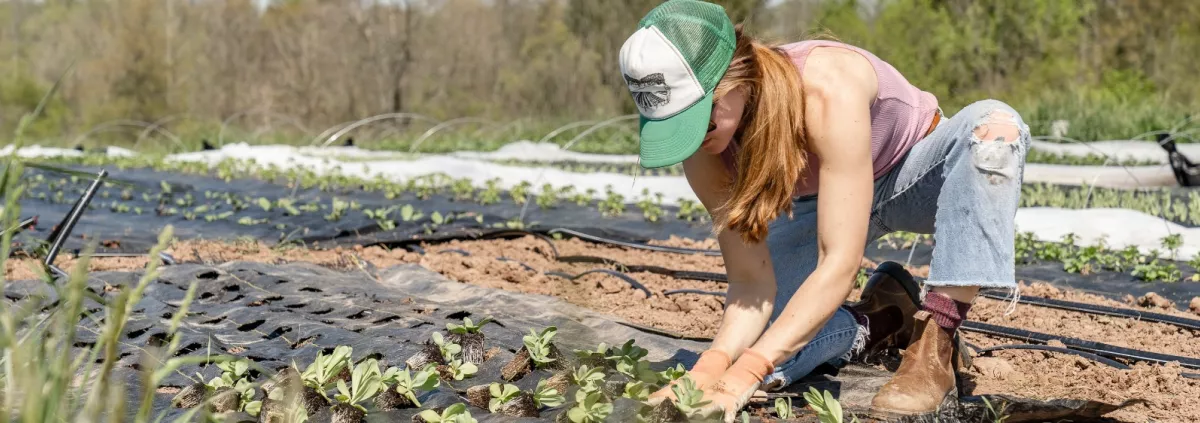Welcome to our discussion on Action Track 2
How can we move towards sustainable and healthy consumption?
Better consumption means healthier, safer, climate and nature-positi ve food consumption, while eliminating food waste. We must strengthen education and knowledge about food, promote healthy food consumption and explain its physical and mental benefits. We also must better support vulnerable and disadvantaged people and communities. And to ensure sustainable and healthy consumption, we need coordinated actions.
ve food consumption, while eliminating food waste. We must strengthen education and knowledge about food, promote healthy food consumption and explain its physical and mental benefits. We also must better support vulnerable and disadvantaged people and communities. And to ensure sustainable and healthy consumption, we need coordinated actions.
Look at some of the actionable solutions that the UNFSS Action Track process and youth have proposed.
- Fiscal policy measures to improve food environments including taxing unhealthy food
- Ensure every child receives healthy food at school and college
- Ensure a breastfeeding-friendly environment at the work-place and in community settings
- Ensure food is never wasted
- Ensure that advertising promotes healthy food and restricts junk food
- Government-led reformulation of packaged food products
- Incentivize food systems change towards equitable food marketing
- Introduce food-based dietary guidelines
- Promote plant-based diets
- Accelerating diversification of proteins
Find additional information in the UNFSS Community Platform.
|
After reading these propositions, let us know what you think, what you can do, and what support is needed to bring the changes you aspire to obtain! You can answer one or all the following questions, using any means you prefer – write a comment, share a picture, compose a song or a poem, or send us a short video:
|



First Week Summary - Action Track 2 (Sustainable Consumption)
Over the past week, we have received excellent comments from you(th) around the world! Below a short summary of the main points raised:
Regarding the 10 actionable solutions proposed, many comments complemented them, highlighting for example the importance of local, unprocessed, and diverse food; the need of communicating to consumers through human-centred campaigns, the true cost of food (internalising social, environmental and health externalities), food transparency, and new forms of advocacy enabled by social media; the need to develop an intellectual property legislative framework recognising and protecting Indigenous People’s knowledge systems; the need to rethink curriculum in food systems professions in order to embed a systemic thinking, sustainability and health; the need to understand the social-economic-cultural context in applying solutions such as “plant-based diets”, and; the need to allow spaces for Indigenous Peoples to sell their products on the market.
In this group, youth have committed so far to advocate, educate and vote with their wallet, as consumers, towards the consumption of sustainable, healthy and whenever possible local food; to call Indigenous Youth to prioritise their consumption on products from Indigenous Peoples’ food systems, and; support local initiatives to bring rural and urban areas closer, in all senses.
This group urges governments to give leadership to the youth and support youth-led initiatives; act on a policy and legislative level to promote sustainable, healthy and local food: regulate the private sector on the basis of the true cost of food, and; lead a shift towards a more equitable business model in food systems.
Many of you were interested to join some coalitions proposed!
We are looking forward with Kim Anastasiou and Lana Weidgenant to hearing more from you this last week of consultation!